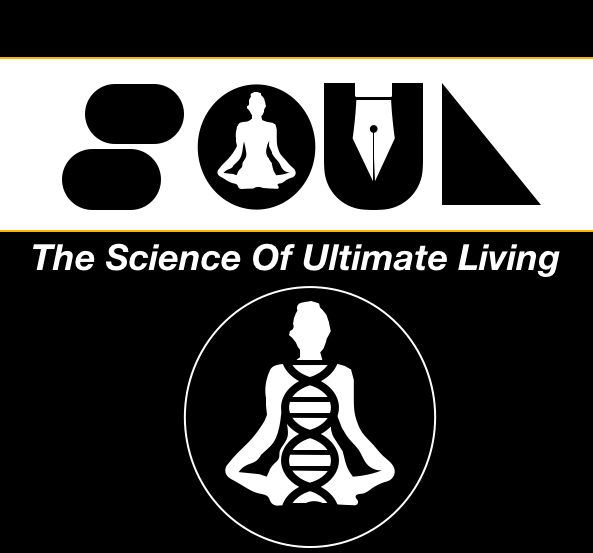The existence of life is so fragile, yet so fascinating that one cannot help but wonder about an intelligent design.

What is the meaning of existence? This is a question that has troubled philosophers for centuries. If we take a step back from our busy lives and ponder our place in the universe, we might find it difficult to come up with an answer.
The existence of life is so fragile, yet so fascinating that one cannot help but wonder about an intelligent design. It was once thought that a divine power planned a perfect blueprint and then molded us to perfection.
Charles Darwin challenged the idea of intelligent design with his theory of evolution. He showed that nature can create intelligent beings through competence without the need for comprehension. Random mutation and the preferential death of the unfit are the driving forces behind Darwinian evolution. We are not an intelligent design of ultimate perfection, but rather a product of random imperfections: not absolute wisdom, but absolute ignorance. This idea of Darwinian evolution was simple, yet profound.
We are not an intelligent design of ultimate perfection, but rather a product of random imperfections: not absolute wisdom, but absolute ignorance.
Alan Turing was born around a century after Darwin and was heavily influenced by him. It made him interested in the concept of artificial intelligence and machines with cognition that can evolve over time from competent programming without the ability to comprehend. The young genius committed suicide after being charged with homosexuality and sentenced to chemical castration. But his ideas did not die with him. It inspired researchers and scientists to create the current revolution in AI. AI can now draw, sing, and write poetry. Art was always thought to be in the domain of cognitive beings. Not anymore. Art can be created by competence without comprehension, just like how Turing explained the existence of natural patterns like stripes on a zebra or the spots on a leopard.
Art can be created by competence without cognition
Humans can process information, reason, learn, and understand complex ideas. We have invented language, are capable of solving problems, and are creative. However, it is hard to prove that these are signs of true cognitive ability. Can all these skills exist without true cognition? The nature of consciousness and self-awareness remains a topic of debate. Are we truly creative beings, or are we just creating through patterns and training on existing data sets like AI? Are we like computer programs having the illusion of free will? The apparent unpredictability of the future could be due to the high number of unknown variables in our chaotic world and not because of free will. If we are just programming, like AI, then our destiny is predestined.
“Cogito, ergo sum” or “I think, therefore I am” is a famous philosophical statement, also known as the cogito, which was first proposed by French philosopher and mathematician René Descartes in the 17th century. He provided the best counter argument against the idea that we might not be self aware . The fact that he was thinking was proof that he existed because something must exist in order to do the thinking. By doubting his existence, he proved without doubt (at least to him) that he was conscious and self-aware. Those who believe in him would say that humans are cognitive beings having emotions, feelings, and perspectives. This makes us creative and help us invent new things.
AI can discover but not invent. And therein lies the difference between Turinian artificial intelligence and Darwinian natural intelligence.
AI can discover patterns and insights in data, but it cannot invent in the truest sense of the word. Invention requires creativity and intuition, and AI has yet to replicate these ‘human’ qualities. The recent developments in AI has only come from better algorithms, faster processing, and machine learning from a huge database. While AI art might appear thought-provoking and original, they are created only by analyzing patterns and training on existing datasets.
AI can discover but not invent. And therein lies the difference between Turinian artificial intelligence and Darwinian natural intelligence. Till that gap exists, AI would remain just a program. A lot of effort is now being put into perfecting AI. But perfection can only take us so far. Imperfections, on the other hand, create intelligent species like humans … only if humans can be considered as cognitive beings.
